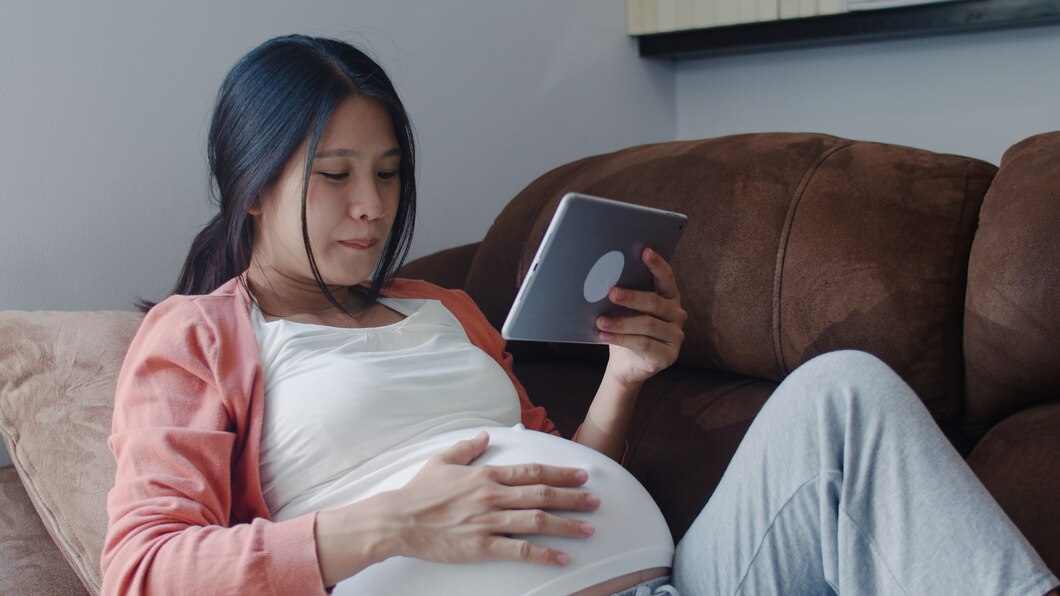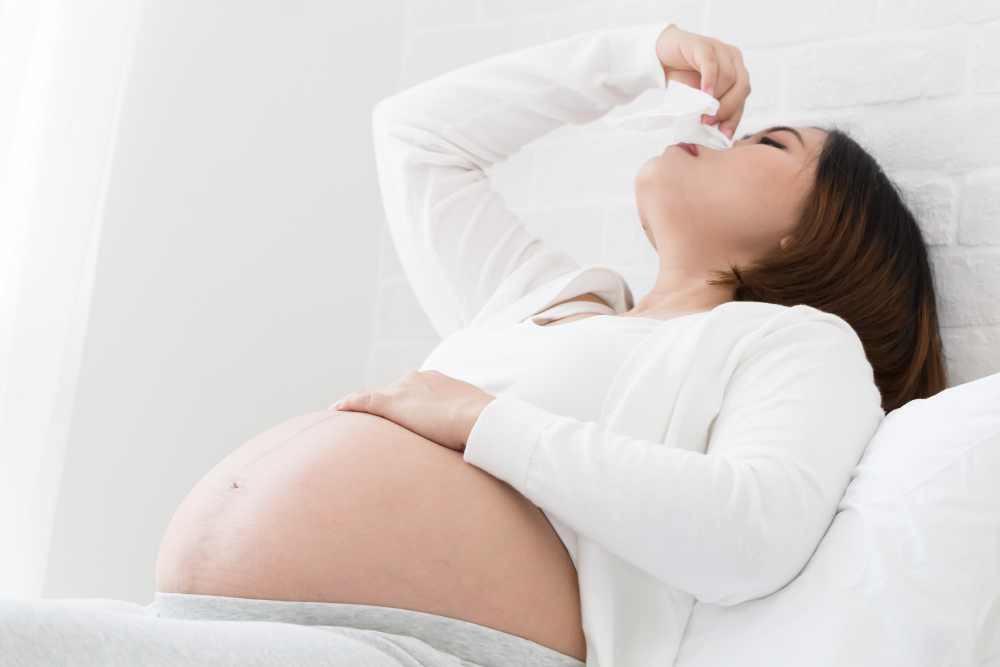Babies born to people who experience elevated levels of anxiety, depression and stress during pregnancy see changes in key brain features that affect cognitive development at 18 months, a study published Friday found.
Based on magnetic resonance imaging scans of the brains of babies included in the study, those whose mothers reported high levels of stress during pregnancy had evidence of larger left hippocampus volumes, the data, published Friday by JAMA Network Open, showed.
The hippocampus helps the brain process information and controls memory. The left hippocampus has been linked with brain function, learning and mental illness, research suggests.
While in the womb, the babies, still fetuses, saw changes in left hippocampal volume, which could explain the neurodevelopment issues seen after birth, the researchers said.
After they are born and grow into toddlers, these children may experience persistent social-emotional problems and have difficulty establishing positive relationships with others, including their mothers, according to the researchers.
By identifying the pregnant women with elevated levels of psychological distress, clinicians could recognize those babies who are at risk for later neurodevelopment impairment.
These children “might benefit from early, targeted interventions,” said Limperopoulos, chief and director of the Developing Brain Institute at Children’s National Hospital in Washington, D.C.
About one of every four pregnant people suffers from stress-related symptoms, the most common pregnancy complication, according to the National Institutes of Health.
Stress among pregnant people may have been higher during the COVID-19 pandemic, contributing to a rise in babies born with developmental delays, studies indicate.
For this study, Limperopoulos and her colleagues followed 97 pregnant people and their babies.
All pregnant participants were healthy, most had some level of education and were employed, the researchers said.
The researchers used validated self-reported questionnaires to measure anxiety, depression and stress in pregnant participants, they said.
Fetal brain volumes were measured from three-dimensional reconstructed images derived from MRI scans, according to the researchers.
Brain development at age 18 months was measured using validated scales and assessments, the researchers said.
In addition to the effects of maternal stress during pregnancy, the findings suggest that persistent psychological distress after the baby is born may influence the parent-child interaction, they said.
An earlier study by the same team revealed that anxiety in pregnant women appears to affect the brain development of their babies.
Other earlier research found that maternal mental health alters the structure and biochemistry of the developing fetal brain.
Collectively, the evidence highlights the importance of mental health support for pregnant women, the researchers said.
“We’re looking at shifting the health care paradigm and adopting these changes more broadly to better support moms,” Limperopoulos said.
“What’s clear is early interventions could help moms reduce their stress, which can positively impact their symptoms and thereby their baby long after birth,” she said.
Source: UPI
28 , 1 T








